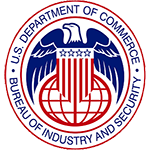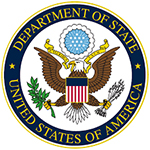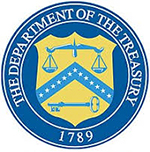Export Control Regulations Overview
Export control regulations are federal laws that prohibit the unlicensed export of certain commodities or information for reasons of national security or protections of trade. Export controls usually arise for one or more of the following reasons:
- The nature of the export has actual or potential military applications or economic protection issues
- Government concerns about the destination country, organization, or individual, and
- Government concerns about the declared or suspected end use or the end user of the export
Most exports do not require government licenses. However, licenses are required for exports that the U. S. government considers "license controlled" under:

The Department of Commerce's Export Administration Regulations (EAR) (also known as the Commerce Control List). The EAR is concerned with dual-use items, such as computers or pathogens, that are designed for commercial use but have the potential for military application.

The Department of State's International Traffic In Arms Regulations (ITAR) (also known as the U.S. Munitions List) cover defense-related items and services.

The Treasury Department's Office of Foreign Assets Control (OFAC) administers and enforces economic and trade sanctions that have been imposed against specific countries based on reasons of foreign policy, national security, or international agreements.
EAR/ITAR Overview
Federal regulations promulgated and enforced by the Department of Commerce, Export Administration Regulations (EAR), and the Department of State, International Traffic in Arms Regulations (ITAR), prohibit the unlicensed export of specific technologies for reasons of national security or protection of trade. If University research involves such specified technologies, the EAR and/or ITAR may require the University to obtain prior approval from State or Commerce before allowing foreign nationals to participate in the research, partnering with a foreign company and/or sharing research—verbally or in writing—with persons who are not United States citizens or permanent residents. The consequences of violating these regulations can be quite severe, ranging from loss of research contracts to monetary penalties to jail time for the individual violating these regulations.
The Principal Investigator working with the Office of Sponsored Projects (OSP) or the Office of Innovation Advancement & Commercialization (IAC) and should conduct a thorough review of research projects and contract provisions to determine whether and, if so how, a particular research project is impacted by those regulations. Principal Investigators have the following responsibilities:
- prior to commencing any research, to review and cooperate with OSP to determine whether their research is impacted by the controls or requirements contained within export regulations, and
- to re-evaluate that determination before changing the scope or adding new staff to the project to determine if such changes alter the initial determination; and
- to make export determinations far enough in advance to obtain an authorization, should one be required.
The University will assist PIs in assessing the application of such regulations, but primary compliance responsibility rests with the principal investigator of the research.
If you have questions about how the export regulations apply to specific research, please feel free to contact Michael Massey, Export Control Officer, at 334-844-5962. You may also contact him at msm0098@auburn.edu.


